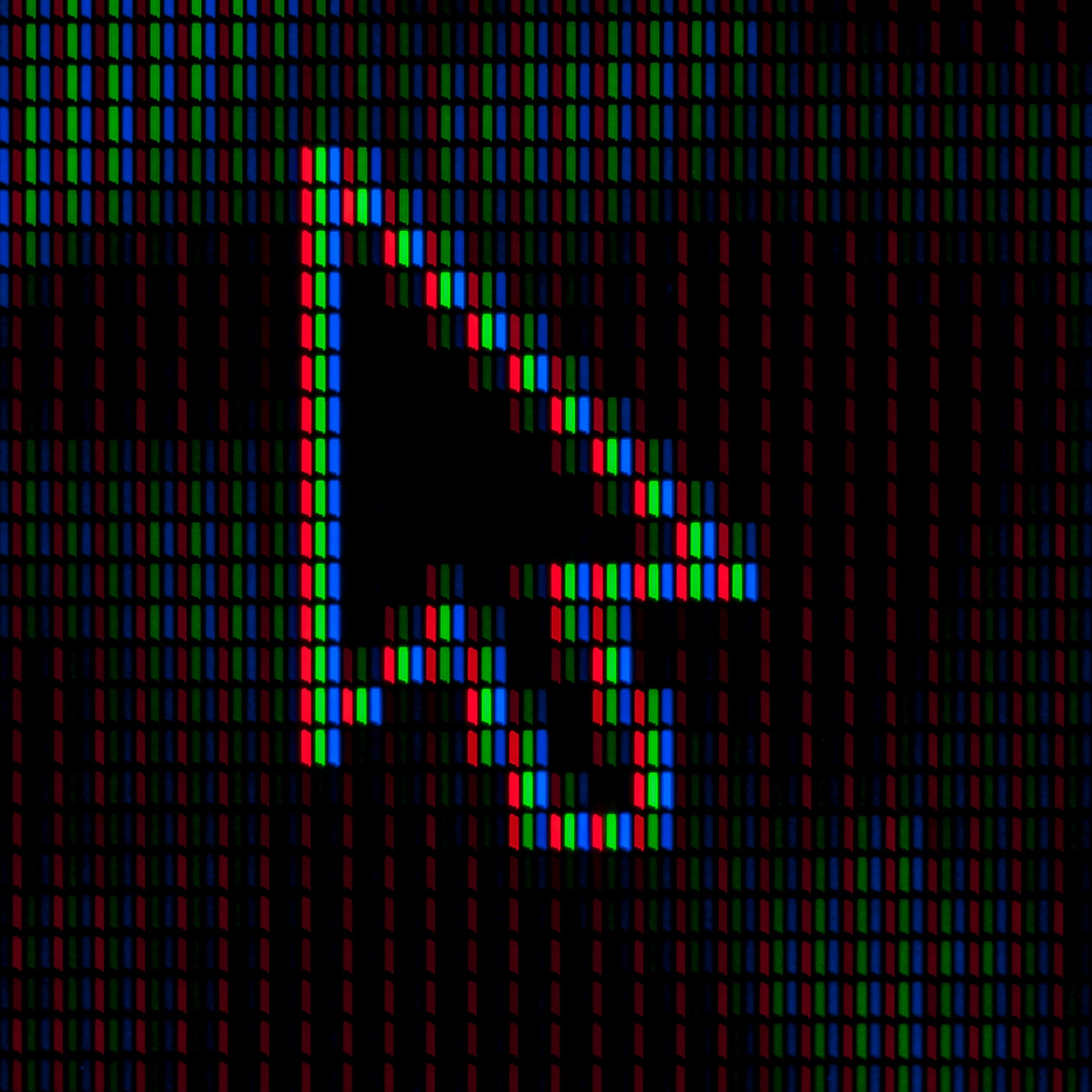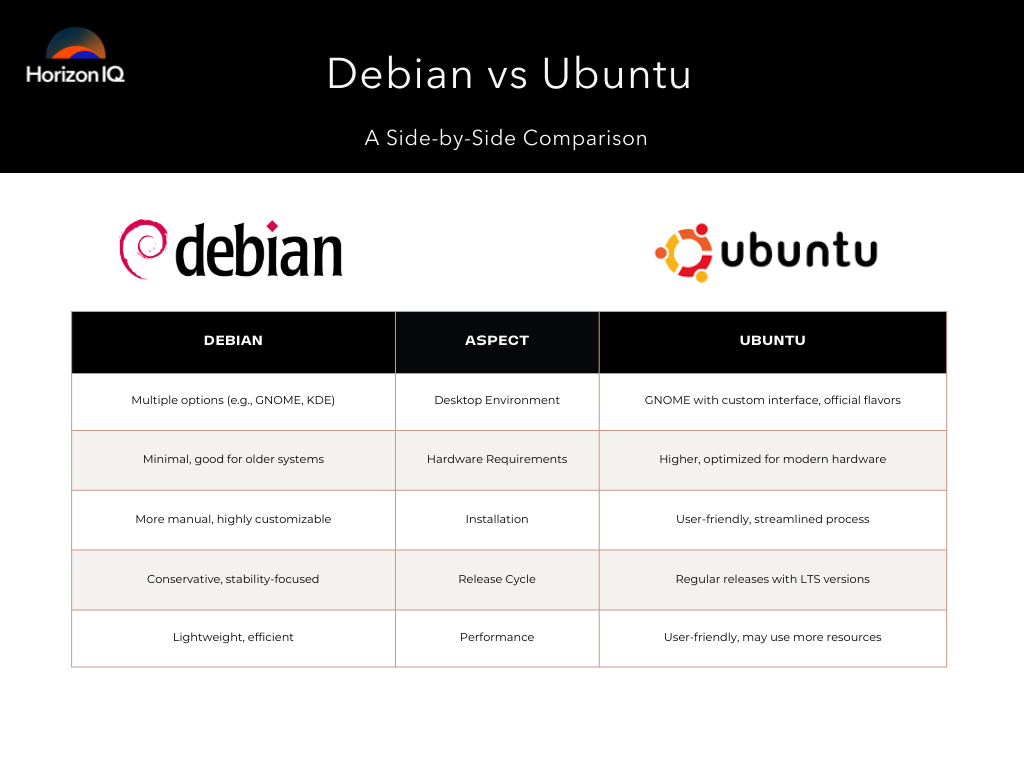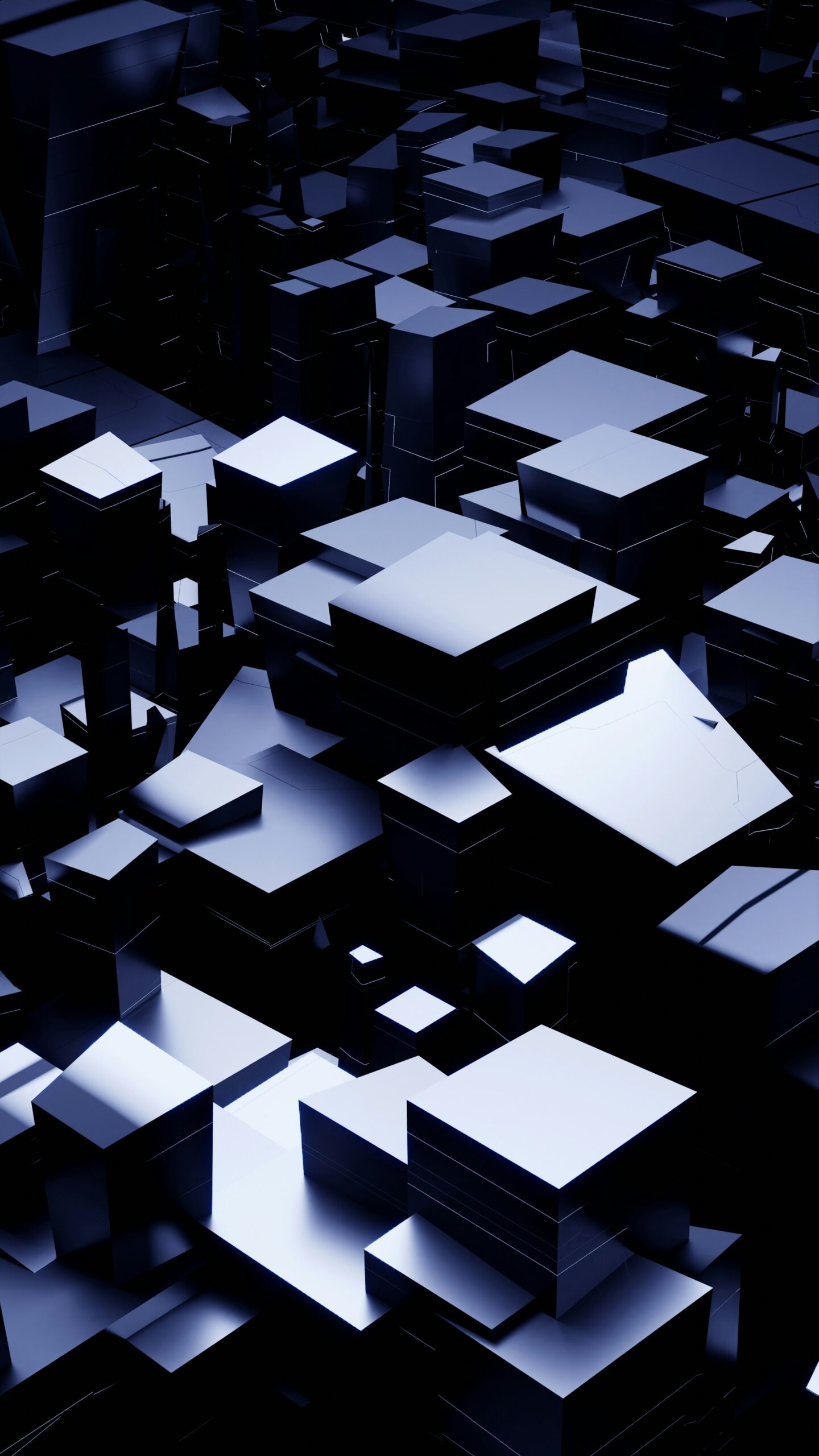
Debian vs Ubuntu: A Guide to Choosing the Right Linux Distribution
When choosing a Linux distribution, Debian and Ubuntu are two of the most recognized free and open-source operating systems (OS) available. Ubuntu is known for its modern interface and ease of use, while Debian is valued for its reliability and stability.
So how do you choose between Debian vs Ubuntu? This guide compares the key aspects of Debian and Ubuntu to help you decide which is better used as a versatile and stable OS for servers, desktops, and development environments.

What is Debian?
First released in 1993, Debian is one of the oldest and most respected Linux distributions. It is a free OS that you can modify, distribute, and use as you see fit.
The core of Debian is its commitment to free software, which is reflected in its extensive repository of open-source applications and its community-driven development model.
Debian’s structure allows it to maintain a high level of stability and security. This makes it a preferred choice for servers, critical applications, and users who value reliability over the latest features.
The Debian project is also notable for its decentralized governance, where decisions are made by the community rather than by a single entity. This ensures that Debian remains free from corporate influence and true to its roots as a purely open-source project.
Key Features of Debian:
- Stability: Debian’s stable version is renowned for its long-term support and robustness (ideal for systems that need to operate without unexpected disruptions).
- Package Management: Debian uses the Advanced Package Tool (APT) for package management (simplifies software installation and updates).
- Security: The Debian security team is known for delivering timely and reliable security updates (enhances the distribution’s reputation for stability).
What is Ubuntu?
First released in 2004, Ubuntu is a derivative of Debian. Developed by Canonical, Ubuntu was created to make Linux more accessible to a broader audience, especially those who might find Debian’s more traditional approach technically challenging.
Ubuntu focuses on ease of use, making it a popular choice for both desktop and server environments.
It provides a more user-friendly experience, with a simplified installation process, a polished desktop environment, and regular updates.
One of Ubuntu’s defining features is its use of Snap packages, a packaging format developed by Canonical that makes it easier to install and manage software.
Ubuntu also offers strong support for cloud computing platforms, which has contributed to its widespread adoption in cloud server environments.
Key Features of Ubuntu:
- Frequent Updates: Ubuntu provides updates every six months and LTS releases every two years with five years of support.
- Developer-Friendly: It offers a rich set of features and tools, supporting various hardware architectures including Intel, AMD, and ARM.
- APT Package Management: Utilizes the Advanced Package Tool (APT) with DEB packages for efficient software management.
Debian vs Ubuntu: What Do They Have in Common?
Both Ubuntu and Debian are based on the Linux kernel and share many similarities, including the Debian package management system (dpkg) and a commitment to open-source software.
| Common Feature | Description |
Linux Kernel |
Both distributions use the Linux kernel at the core of their operations. |
APT Package Management |
Both use the APT package management system, simplifying software installation and updates. |
Open-Source Commitment |
Both adhere to open-source principles, though Debian strictly excludes non-free software from its default repositories. |
Debian vs Ubuntu: What’s the Difference?
The main difference between Debian and Ubuntu is its target audience. Debian targets experienced users and administrators who prioritize stability and control, while Ubuntu is aimed at beginners, general users, and enterprises seeking ease of use and commercial support.
| Aspect | Debian | Ubuntu |
Hardware Requirements |
Minimal requirements, suitable for older systems and resource-constrained environments. | Higher requirements, better suited for modern hardware with higher performance capabilities. |
Sudo |
Users must manually add themselves to the sudo group after installation. | Automatically grants the default user sudo privileges during installation, simplifying the process. |
Desktop Environment |
Offers a variety of desktop environments during installation, including GNOME, Xfce, KDE Plasma, and more. | Uses GNOME with a custom interface by default, offering official flavors like Kubuntu, Xubuntu, and Lubuntu. |
Release Cycle |
It offers stable, testing, and unstable branches with a conservative focus on stability. | Regular release cycle with LTS versions every two years, balancing stability and access to the latest software. |
Installation |
More manual configuration required, offering greater customization. | User-friendly and streamlined installation process, ideal for beginners. |
Security and Stability |
Known for exceptional stability and security, especially in the stable branch. | Prioritizes security with regular updates, though more frequent updates can introduce bugs. |
Packages and Programs |
Large and stable package repository, focusing on stability and security. | Includes most Debian packages and supports additional software through Snap packages. |
Package Managers |
Uses APT for package management. | Uses APT and Snap for broader software availability. |
Performance |
Optimized for performance, particularly on older or resource-constrained hardware. | Designed for user-friendliness, which can result in higher resource usage on modern hardware. |
Debian vs Ubuntu: Which Should You Choose?
As stated, Debian is the ideal choice for some users who prioritize stability, security, and performance, particularly in server environments or on older hardware.
Its conservative release cycle and rigorous testing make it a reliable option for mission-critical systems.
On the other hand, Ubuntu offers a more user-friendly experience with regular updates, a polished desktop environment, and strong support for cloud computing platforms.
Its ease of use and accessibility make it a popular choice for desktop users, especially those who are new to Linux.
| Feature | Winner |
Desktop Environment |
Debian for flexibility. Ubuntu for a polished, user-friendly experience with GNOME. |
Hardware Requirements |
Debian for limited-resource systems. Ubuntu for modern hardware. |
Installation and Configuration |
Ubuntu for easier, streamlined installation. |
Package Managers |
Ubuntu for additional flexibility with Snap packages. |
Packages and Programs |
Debian for extensive stability-focused repositories. Ubuntu for up-to-date software with Snap support. |
Performance |
Debian for lightweight efficiency. Ubuntu for modern hardware with ample resources. |
Release Cycle |
Ubuntu for regular releases and latest features; Debian for a conservative, stability-focused cycle. |
Security and Stability |
Debian for stability and security, especially in server environments. |
Sudo |
Ubuntu for user-friendliness. Debian for added security. |
Pro tip: If you’re looking for a distribution that offers the latest features and a smooth user experience, Ubuntu is the way to go. If you need a rock-solid system that you can trust to run continuously without issues, Debian is the better option.
Deploying Debian or Ubuntu on Bare Metal Servers
Our bare metal servers allow you to deploy either Debian or Ubuntu. Both Linux distributions come as pre-configured options, offering the power, control, and security unique to single-tenant bare metal environments.
Why Choose Bare Metal Servers?
Our bare metal servers provide maximum performance, security, and customization. Unlike virtualized environments, bare metal provides direct hardware access to optimize application efficiency without the overhead of hypervisors.
Key Benefits:
- Customizability: Full root access allows you to configure advanced networking, install custom software, and tweak kernel parameters for optimal performance.
- Security: Bare metal servers offer an isolated environment, enhancing security.
- Scalability: From small deployments to large enterprise applications, you can easily upgrade hardware to accommodate increased traffic and data processing,
- 24/7 Support: Our support team is available around the clock to assist with setup, troubleshooting, or performance optimization.
How to Get Started:
Choose Debian or Ubuntu during the setup process, and our automated system will handle the OS installation, driver configuration, and server optimization.
Our bare metal servers are ideal for businesses like yours that need flexible infrastructure for their high-traffic websites, database-intensive applications, or resource-heavy development environments.
Ready to get started? Explore our bare metal servers today.



